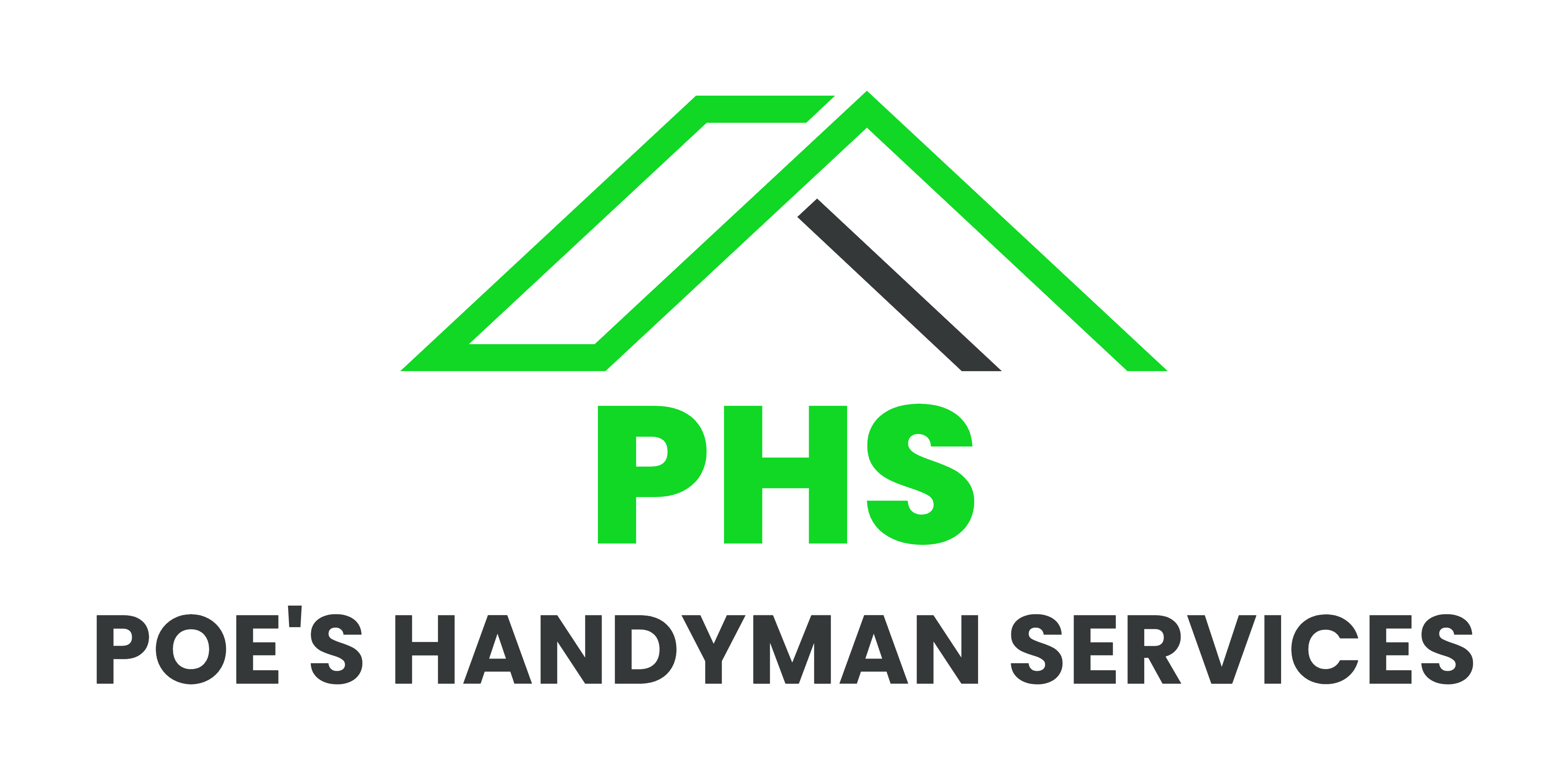The Importance of Regular Home Inspections
- Luke Poe
- May 24, 2025
- 4 min read
Home ownership is a responsibility that comes with many tasks, but one that often gets sidelined is regular home inspections. Many homeowners overlook this crucial aspect, thinking it’s just another expense or that their home is fine without it. However, regular home inspections can save you thousands of dollars in repairs, maintain the value of your property, and ensure the safety and comfort of your family. In this blog post, we’ll explore the importance of regular home inspections and provide you with insight into how they can benefit you.
Why Home Inspections Matter
Home inspections serve as a comprehensive assessment of your property’s condition. This assessment helps identify potential issues before they become significant problems. The inspection usually covers various aspects, such as:
Roof and gutters: Inspectors examine for leaks, missing shingles, or signs of wear that could lead to water damage.
Foundation and structure: A stable foundation is crucial for the safety of your home, and inspectors will look for cracks or other issues.
Plumbing and electrical systems: Inspections will catch any outdated or faulty wiring and plumbing leaks, both of which can pose serious hazards.
Imagine discovering that your roof is at risk of collapse because of unnoticed rot or structural issues. Regular inspections can prevent such situations, ensuring your home remains safe and sound.

What Home Inspections Typically Cover
A home inspection typically includes a detailed report of various systems in your home. Here are some critical areas that inspectors focus on:
1. Exterior Assessment
Inspectors look at walls, windows, and siding for any damage or decay. They also assess the surrounding landscaping to look for signs of drainage issues and pest infestations.
2. Interior Analysis
From appliances to ceilings, the interior of your home is meticulously examined. Areas like insulation, ventilation, and HVAC systems are assessed for efficiency.
3. Safety Checks
This includes checking smoke detectors, carbon monoxide detectors, and identifying any environmental hazards like mold or asbestos.
These inspections inform homeowners about not only current conditions but also areas that may need attention in the future. This proactive approach to maintenance can minimize costs and avoid extensive repairs down the road.

What Do Most Handyman Charge Per Hour?
The cost of hiring a handyman for home inspections can vary widely depending on several factors, such as location, experience, and the complexity of work required. On average, most handymen charge anywhere from $50 to $100 per hour. Some may offer flat-rate fees for specific tasks, while others will bill hourly for their time.
It’s essential to get a detailed estimate beforehand to understand what you're paying for. Some inspections may take longer than anticipated due to unforeseen findings or additional tasks that require attention. Make sure to discuss all aspects upfront with your handyman to avoid any surprises.
Example Pricing Breakdown
Basic home inspection: $200 - $500
More comprehensive inspections: $500 - $1,000+
Specialized inspections (like pest or mold): $100 - $300 each
Investing in these services is typically worth it when compared to the potential savings of avoiding major repairs or replacements. Look for local handyman services that are reputable and provide comprehensive inspections for best results.

Preventing Major Repairs
Home inspections are not only about identifying current issues; they are also preventative measures. The earlier you can catch problems, the less you’ll spend on repairs later. For example:
- Roof Repairs
A small leak in your roof may seem insignificant, but if left unchecked, it can cause mold, ceiling damage, and expensive repairs. Regular inspections can catch leaks early on.
- Electrical Issues
Faulty wiring can lead to electrical fires. Regular inspections can help spot out-of-date wiring and malfunctioning outlets that could pose a significant danger.
- Foundation Problems
Cracks in your foundation could lead to serious structural issues in the future. An inspector can identify early warning signs and help you take action before they worsen.
By taking preventive steps, you can maintain your home's safety and security, saving you money on larger repairs and potentially hazardous situations.
Protecting Your Investment
Your home is likely one of your most significant investments. Regular home inspections can help retain or increase its value over time. Here’s how:
- Market Value
Potential buyers will look for homes that have been well-maintained. A history of inspections and necessary repairs can demonstrate to buyers that your home is in quality condition.
- Homeowner's Insurance
Many insurance companies offer discounts for homeowners who have regular inspections. This proactive approach shows insurers that you’re serious about maintaining your property.
- Lifespan of Home Systems
Regularly assessing essential systems like plumbing, electrical, and roofing will ensure their longevity. Early repairs lead to less wear and tear, thus extending the lifespan of these critical systems and saving you money in the long run.
Peace of Mind
Lastly, perhaps the most underrated benefit of regular home inspections is the peace of mind they provide. Knowing that your home is safe and maintains its value is essential for every homeowner. Here are a few ways it contributes to your peace of mind:
Family Safety: Knowing that your home is free from hazardous conditions like faulty electrical systems or potential mold lets you focus on enjoying your space.
Financial Security: Regular inspections help keep you from unexpected repair costs, making it easier to budget and plan for the future.
Comfort at Home: When your home is well-maintained, it becomes a comfortable haven, allowing you to relax and enjoy life without worrying about hidden problems.
Regular home inspections are a crucial aspect of responsible home ownership. From identifying potential issues before they escalate, to protecting your investment and providing peace of mind, the benefits far outweigh any costs associated with the inspections. It’s time to take action and ensure your home remains a safe haven for years to come. Regular maintenance becomes not just a choice, but a smart strategy for any homeowner.








Comments